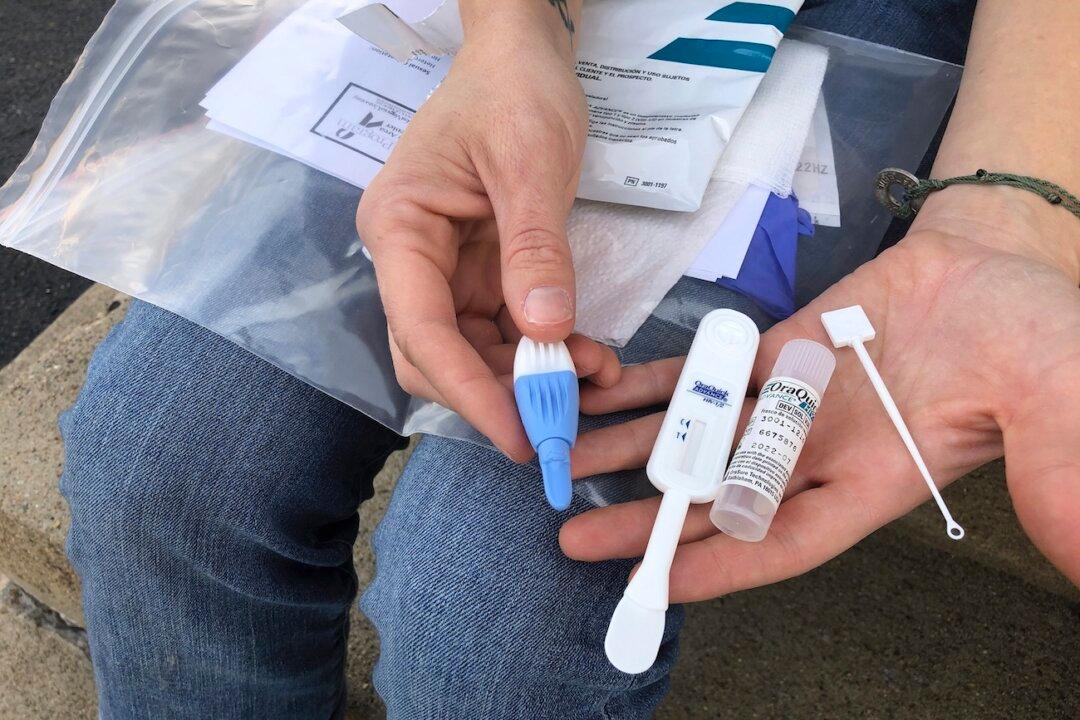The federal government has lifted a ban that prevented kidney and liver transplants between HIV-positive individuals, in an attempt to offer them a higher chance of accessing these procedures.
Before 2013, transplantation of organs from people with HIV was prohibited in the United States. The HIV Organ Policy Equity (HOPE) Act, signed into law in 2013 and effective from 2015, removed this prohibition, allowing organ transplantation from HIV-positive individuals to other HIV-positive people. However, such procedures were only allowed as part of research studies.





